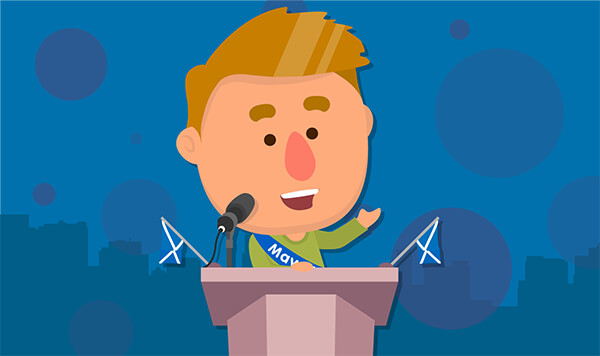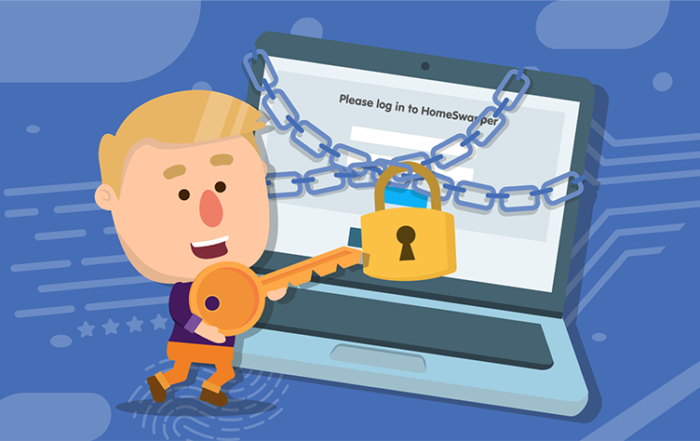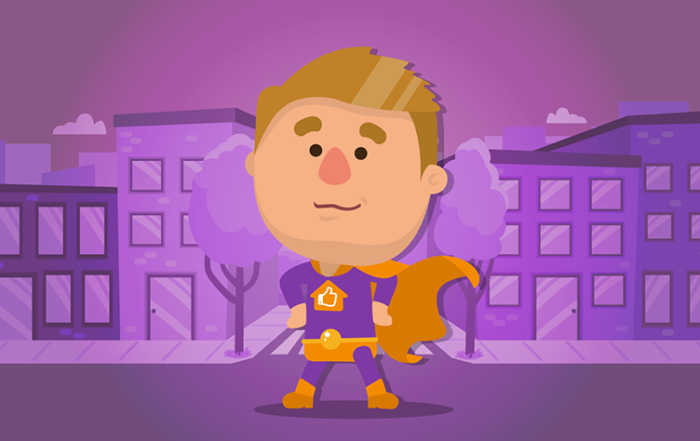
This week we are continuing our trip around the UK, taking a look at what local authorities are responsible for in the different countries that make up the UK. Scotland’s local governments have developed over the ages from ancient ‘Burghs’. They watch over thriving big cities like EdinBURGH and the sparsely populated areas of outstanding natural beauty in the Highlands. Local councils in Scotland have to manage the delivery of services and protection of environments across these different types of jurisdictions for a population of 5.4 million people.
How did we get the current system?
Modern Scottish society began as small self-sufficient communities – the ‘Burghs’ mentioned above. These included areas still known today, such as Perth, Stirling and Dunfermline. These made up the first ‘local councils’ and although ‘Burghs’ no longer exist in name, we can still notice them in current authority areas.
As of 2016, there are 32 unitary authorities (a type of authority responsible for all functions) and 1200 community councils. Holyrood is what Scotland’s national parliament is called, but councils operate independently of this central government.
Scotland’s 32 local authorities are responsible for providing a range of public services. This includes:
- Education
- Social care
- Roads and transport
- Economic development
- Housing and planning
- Environmental protection
- Waste management
- Cultural and leisure services.
Each local authority is governed by a council, made up of councillors directly elected by the residents of the area they represent.
Currently in Scotland there are 1227 elected local councillors and of that number, 29% are female. The youngest councillor in Scotland in Cameron McManus who is 19 years old and represents the SNP (Scottish National Party). Showing that it’s never too early to make positive changes in your community!
Local councils are big employers; in Scotland local government employs 250,000 people and in 2019-2021 all councils across the country committed to delivering the living wage for all of its staff.
What are the duties of Scottish local councils?
The powers of local governments in Scotland are very simply split into 3 categories:
Mandatory Duties:
These are services that councils are legally obliged to provide and include school age education and social care for children, vulnerable adults and the elderly.
Permissive Powers:
Councils do not legally have to provide services like economic development strategies and recreation infrastructure, but many do!
Regulatory powers:
This involves enforcing and tweaking the local area national law in areas like trading standards and food safety standards.
Who does what?
Administration:
Within a council, a group of councillors that are the majority will form the ‘Administration’ which controls the running of the council.
Council Leader:
The council is headed by the Leader of the council, normally elected by the party that forms the ‘Administration’ of the council.
Civic Head:
As well as the leader, each council elects a Civic Head, who chairs council meetings and represents the council on civic and ceremonial occasions. In the cities of Glasgow, Edinburgh, Aberdeen and Dundee, the Civic Head is known as the Lord Provost. Other councils may choose their own title for their Civic Head.
Chief Executive:
The council’s Chief Executive is normally the head of its paid staff, employed by and responsible to the council.
Officers:
The council will also employ a staff of officers, including teachers, social workers and planning officers to carry out its functions.
How decisions are made
Full council:
The full council meeting is the governing body of the council, where all councillors meet to debate and make key decisions. Some functions of the council can only be done by the full council. These include setting the annual budget and the annual rate of council tax.
Committees:
Councils can give most of the decision-making to committees or sub-committees. There is no requirement for councils to adopt a particular decision-making structure, it is a matter for each council to decide what is most appropriate for its particular circumstances.
Officers:
Councils can also delegate decision-making to officers of the council, which they can do in their internal governance documents.
If you want to see how your own council is performing against the above categories you can check it out HERE
The HomeSwapper Customer Support team are always on hand to give advice and tips on how to get the most from HomeSwapper. They deal with Swappers every day and have a unique insight and view on the thousands of successful swaps that take place on HomeSwapper.






